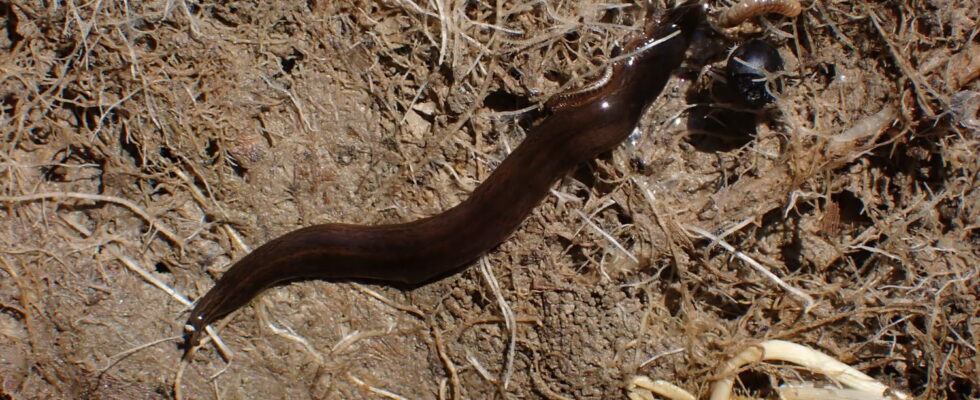This kind of worm is becoming more and more disturbing and spreads to a crazy speed. Here is what you need to do to avoid it.
This overwhelming flat worm is increasingly worrying gardeners and scientists. Originally from South America, he arrived in France ten years ago, and he is well established today. It is found in more than 70 French departments, in mainland France, but also in Reunion. He arrived with us via pot plants in pots and is now found in many gardens, parks and green spaces.
This predator is rather discreet, but it represents a real threat. Unlike conventional earthworms, which help the soil fertility, this worm is a carnivore which feeds mainly on soil invertebrates, in particular earthworms, essential for the ventilation and fertility of the soil. Thus, it represents a real danger for the balance of our gardens and our ecosystems.
You may have heard of it, this is the Obama Nungara flat worm. The main problem with this worm is its insatiable appetite for earthworms. However, the latter play an essential role in good health of soils: they avere them, facilitate the infiltration of water and participate in the decomposition of organic matter. By eliminating them, Obama Nungara impoverishes the earth and disrupts the whole ecosystem of the soil. In addition, this flat worm reproduces quickly and can multiply in large quantities, making its eradication difficult.
To avoid its development, it is important to monitor the presence of this worm in your garden. Here are some signs that should alert you. If you come across a flat, elongated and viscous, often dark brown or black color, you are surely facing this kind of worm. You can also recognize it with its particular trip. He slides on the ground like a slug. Very often, its presence is spotted under the stones, the flower pots or in the damp earth, especially after the rain. A decrease in earthworms in your garden, can also alert you. This is a sign that a predator is eliminating them.
If you find an Obama Nungara, it is recommended not to release it in the wild. Place it in an airtight container with vinegar or alcohol to eliminate it, then report his presence To specialized organizations such as the National Museum of Natural History.
Here’s what you can do to protect your garden. Always check the new plants before introducing them into your garden, especially if they come from abroad. Watch the wetlands and the piles of compost where these worms like to hide. Encourage biodiversity, in particular by attracting natural predators such as certain species of birds or beetles.
